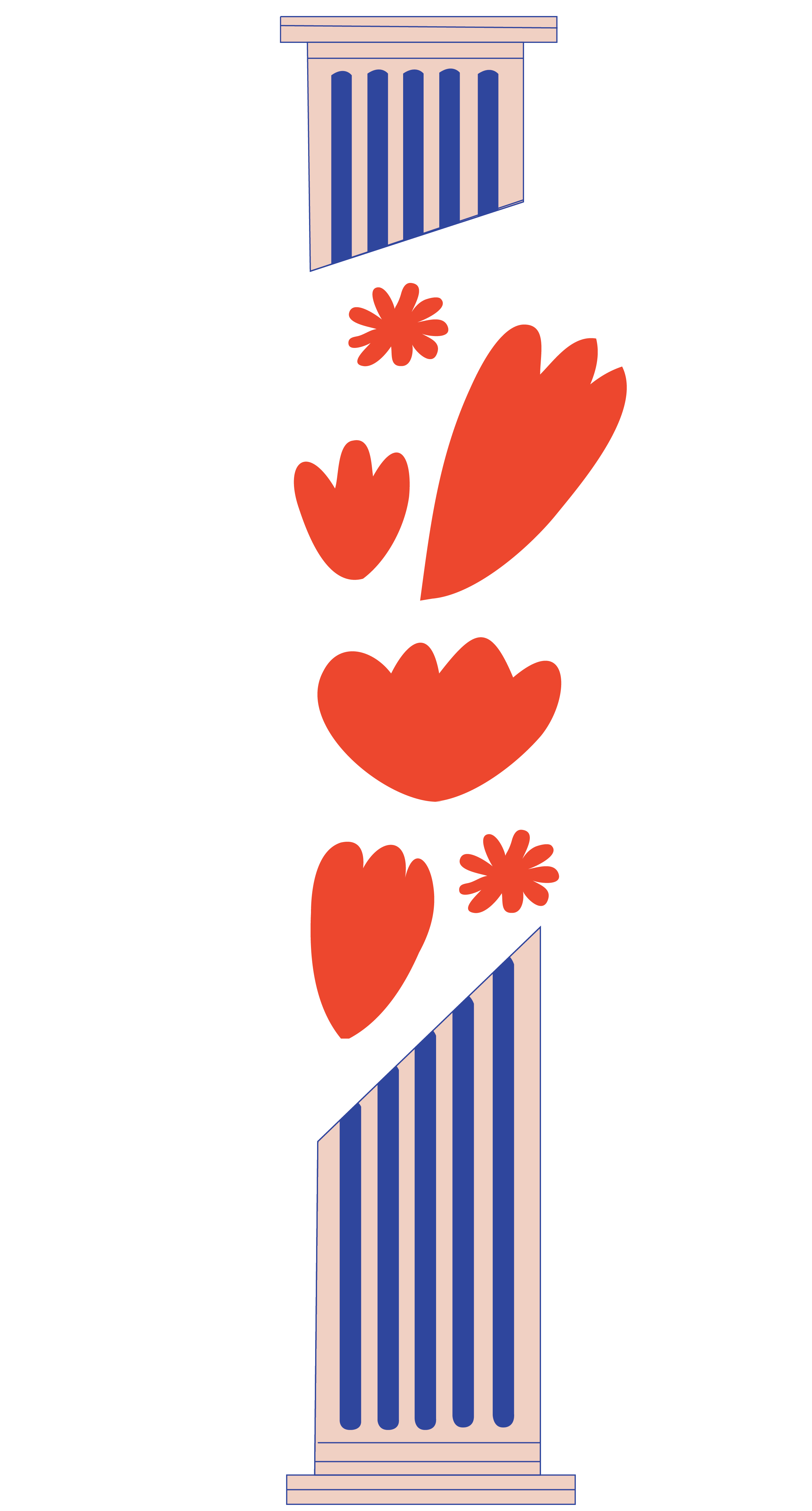
D
eath to Museums is an unconference created by emerging professionals who graduated from a museum studies master’s program amidst a global pandemic. It is a monthly dialogue series that promotes solidarity and exchange among museum workers through wide-ranging workshops, presentations, and social activities. We hope that Death to Museums can become a platform to share ideas and concerns while brainstorming ways to push the field forward. Our first two-day event was be held on August.
The title of this series, Death to Museums, is inspired by the 2019 edition of FWD:Museums, a journal produced by students and faculty in the Museum and Exhibition Studies program at the University of Illinois at Chicago. At the time of publication, the journal questioned whether museums can continue “business as usual” or if they should be reimagined anew. We find renewed relevance in this theme at a moment when museums are collapsing before our very eyes. We challenge the idea of returning to “normal” once the pandemic ends when “normal” means inequality, instability, extremely low wages, and an embarrassing lack of diversity across museum staff. Instead, we want to harness the collective potential of museum workers working towards radical change.
We invite museum workers of all experience levels to share their research and practice. We especially welcome the concerns, observations, and contestations of early-career professionals. We encourage submissions addressing a wide array of themes: museum labor and inequity, developments in natural history and science museums, digital engagement, and research in art history and contemporary art. Submissions that incite radical thinking and actionable change are highly desired. We are accepting submissions for October at this time.
Blog
History of Eroticism Reimagined Through the Lens of Couples Stripchat
Updated on 29/08/2025
Eroticism has shaped human expression since the earliest days of civilization, reflecting the values and shifts of countless societies. From primitive carvings to the digital displays of today, the portrayal of sensuality has adapted to match the tools and innovations of each age. Couple platforms like Stripchat mark a striking chapter in this ongoing story, delivering instant, interactive experiences that transform the concept of closeness in ways once thought impossible. How has technology altered the nature of personal bonds, and what does the growth of sex webcam culture say about evolving views on desire?
Among contemporary performers who reflect the deep ties between history and sensual storytelling, _kamakshi stands out as a rare bridge between eras. Her couples Stripchat sessions on https://stripchatshows.com/couples are often marked by deliberate pacing, poetic visuals, and a reverence for mood—echoing the sensual rituals of antiquity. In many ways, _kamakshi channels the essence of traditional erotic art, transforming modern webcam technology into something that feels more like performance heritage than fleeting content.
What makes _kamakshi especially captivating is her ability to weave subtle symbolism into her appearances, much like early erotic texts and temple carvings did centuries ago. In one of her most noted couples Stripchat streams, she draws directly from Eastern aesthetic traditions, using fabrics, posture, and storytelling to frame desire as both sacred and expressive. This blend of ancient influence and digital immediacy allows her audience to experience intimacy as a layered, almost mythic event.
The Role of English Language Tutoring in Museums
English language tutoring has become an integral part of making museums more accessible and engaging to a global audience. By offering language support and educational programs, museums can enhance the visitor experience for non-native English speakers and promote inclusivity. This not only helps in breaking down language barriers but also enriches cultural exchange and understanding within the museum space. We are particularly interested in submissions that explore the intersection of museum education and English language tutoring. Topics might include case studies of successful language programs, strategies for integrating language learning into exhibits, or the impact of language support on visitor engagement.
Submissions that incite radical thinking and actionable change are highly desired. We are accepting submissions for October at this time.
